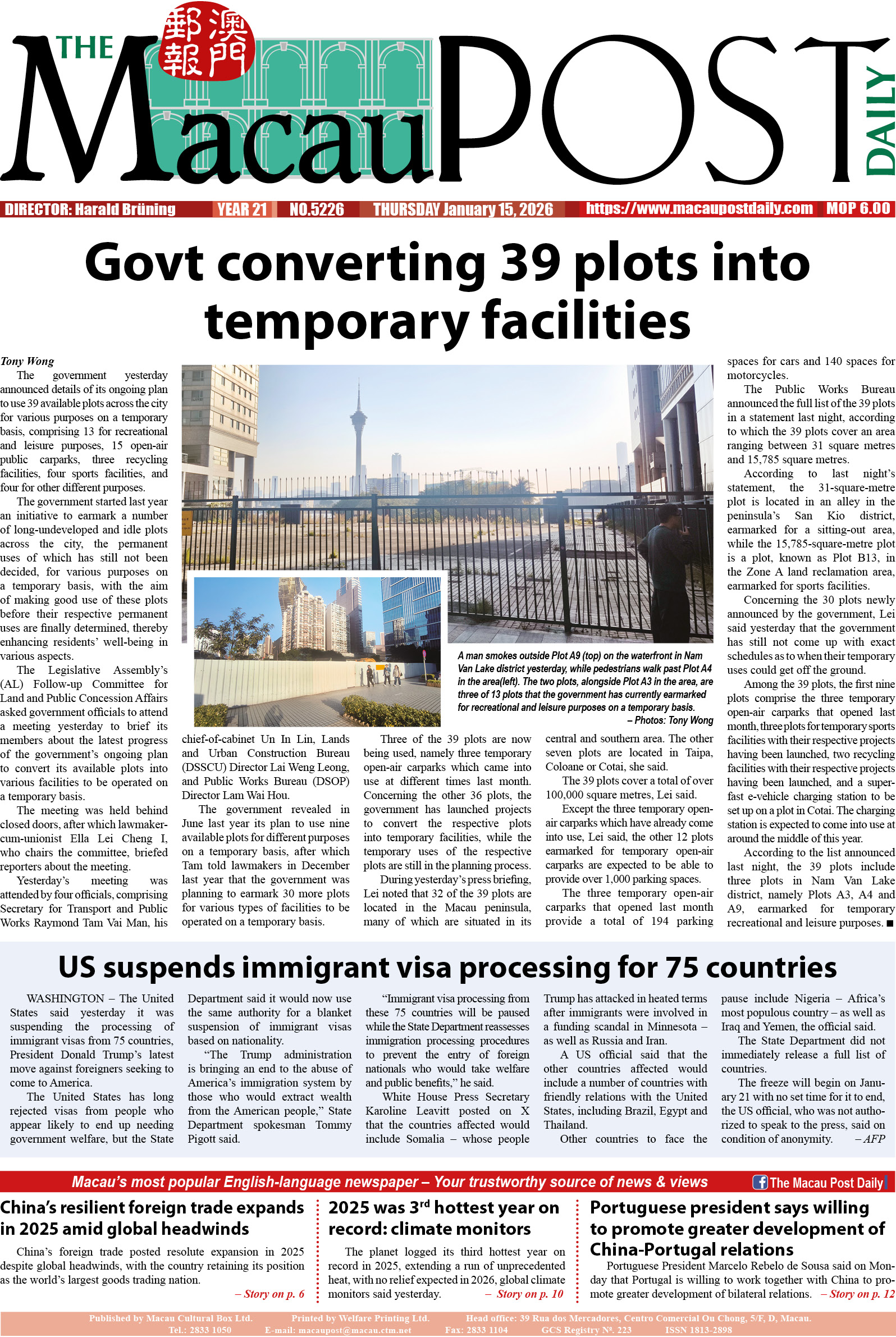Commentary Gulnar Shaimergenova*
Amidst growing geopolitical tensions and threats of existing and emerging conflicts, the Shanghai Cooperation Organization (SCO), a diverse yet cohesive coalition, plays a crucial role in maintaining regional stability and promoting prosperity.
Since its inception in 2001, the organization has been committed to developing good neighborliness, strengthening mutual trust, expanding multilateral dialogue and enhancing mutually beneficial cooperation.
The Shanghai Spirit ensures that every member state has an equal voice, regardless of economic scale, military potential, or international influence, setting an example of multilateral cooperation.
Tackling regional security concerns and coordinating responses to security threats remain the main focus for SCO members. The organization provides an important platform for member states to address common security challenges, particularly terrorism, extremism, and separatism.
Through the SCO’s Regional Anti-Terrorist Structure, member countries have been able to enhance intelligence sharing and operational coordination, leading to more effective efforts in combating terrorism.
Energy security also holds an important place in the SCO agenda. In recent years, efforts have been directed toward creating a unified energy market and developing joint projects in the energy field. Kazakhstan and China are actively developing projects in the energy sector, as evidenced by significant investments and expanding cooperation.
Meanwhile, the SCO needs to update its methods for addressing emerging challenges and threats. Active and effective work is being done to achieve this goal.
Beyond security, the SCO has also become a driving force for economic integration and development. Member states have leveraged the organization’s strengths to deepen trade ties, expand connectivity, and explore new investment opportunities.
From an economic perspective, the SCO represents a vast market that has yet to be fully explored. A major focus of its expansion is to achieve collective economic development. By fostering a safe environment, developing relevant infrastructure, and setting unified standards and regulations, the SCO will inject new momentum into economic collaboration among its member states.
Such an expansion will link markets from Europe to the Caucasus, the Middle East, and Southeast Asia, permanently transforming the geopolitical and economic landscape of Central and South Asia.
China has played a leading role in shaping the SCO’s vision and boosting cooperation among member states. Chinese wisdom says: “To become rich, build roads.” This fully applies to the ancient Silk Road, which served as the first example of globalization in human history.
Today, we are recreating and reviving this historic feat by jointly building the Belt and Road. Synergizing with the SCO’s agenda, the Belt and Road Initiative (BRI) fosters infrastructure development, trade, and investment across Eurasia. I am sure that the BRI will provide a solid foundation for building a community with a shared future for mankind.
Digitalization and innovation are also vital for the SCO’s future. The organization will keep advancing digital technology development and working to bridge the digital gap.
Looking ahead, the SCO has the potential to play an even greater role in shaping global governance and fostering a more inclusive international order. By deepening cooperation in areas such as cybersecurity, public health, and sustainable development, the SCO can address pressing global issues and contribute to the peace and prosperity of humanity. – Xinhua
*Gulnar Shaimergenova is the director of Kazakhstan’s China Studies Center.





